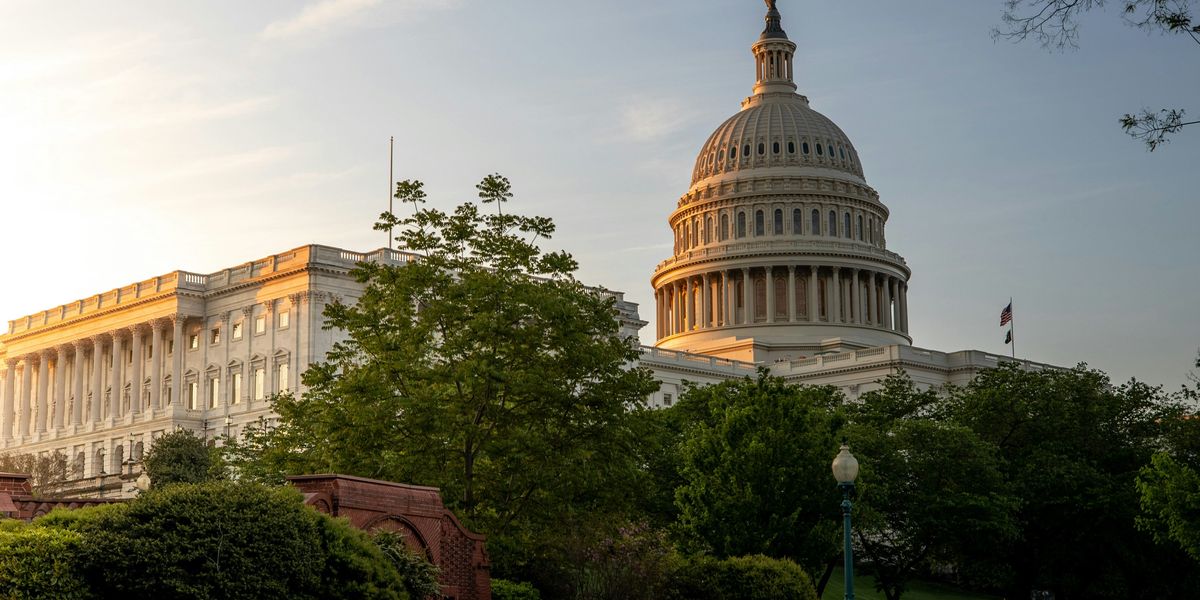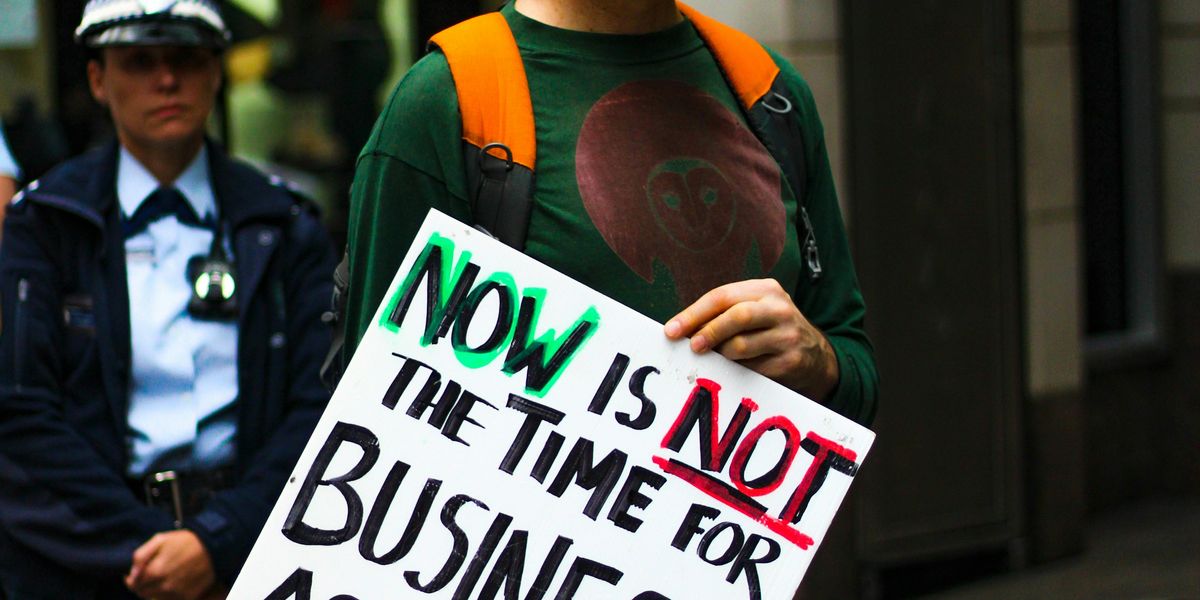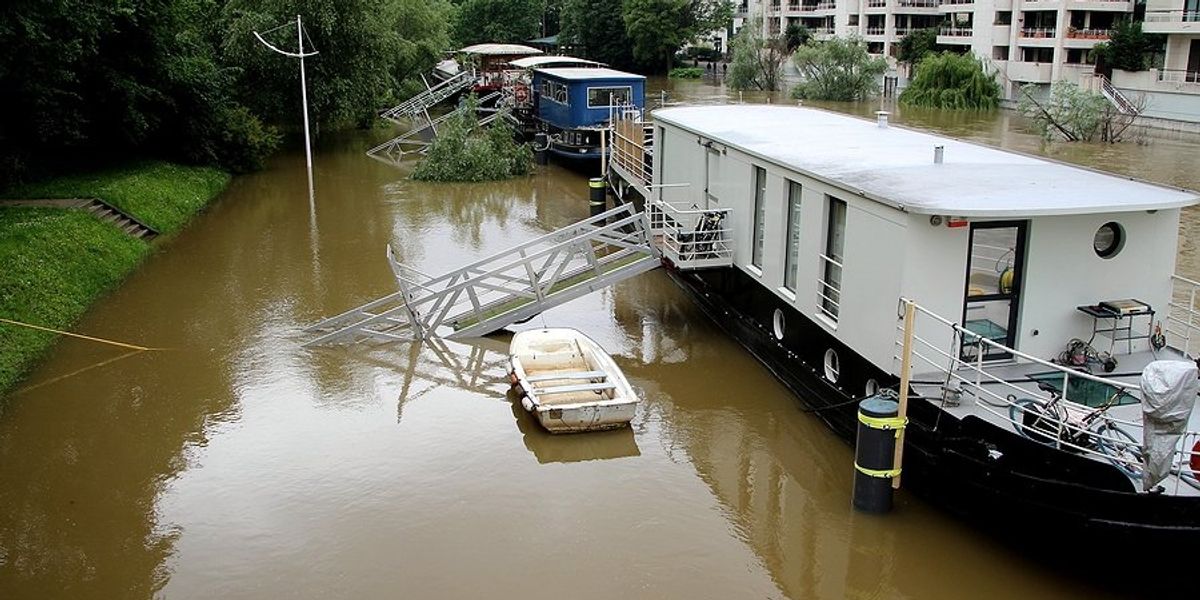
Phillips 66 faces felony charges for dumping oil-tainted wastewater in Los Angeles
Federal prosecutors have charged oil giant Phillips 66 with violating the Clean Water Act by discharging nearly 800,000 gallons of contaminated wastewater into Los Angeles County sewers, threatening critical treatment infrastructure.
Evan Halper reports for The Washington Post.
In short:
- Phillips 66 allegedly discharged oil-laden wastewater twice in 2020 and 2021 from its Carson refinery, failing to report the incidents despite earlier promises to retrain staff.
- The spills jeopardized the county's wastewater treatment system, which narrowly avoided releasing the pollutants into the Pacific Ocean.
- If convicted, Phillips 66 could face $2.4 million in fines and up to five years of probation, including potential restitution to Los Angeles County.
Key quote:
“Corporations and individuals need to take their duties to protect the environment seriously. We also want to send the message that nobody is above the law.”
— Martin Estrada, U.S. Attorney
Why this matters:
Criminal indictments against major corporations for environmental violations are rare, noted Estrada. If LA’s treatment systems hadn’t caught the waste in time, toxic pollutants could’ve reached beaches and marine ecosystems, exposing residents to contamination and devastating local wildlife. The indictment is meant to “send a message,” according to prosecutors, though the louder question remains: When will these spills stop?
Read more: ExxonMobil, LyondellBassel and Chevron among Houston’s top polluters













